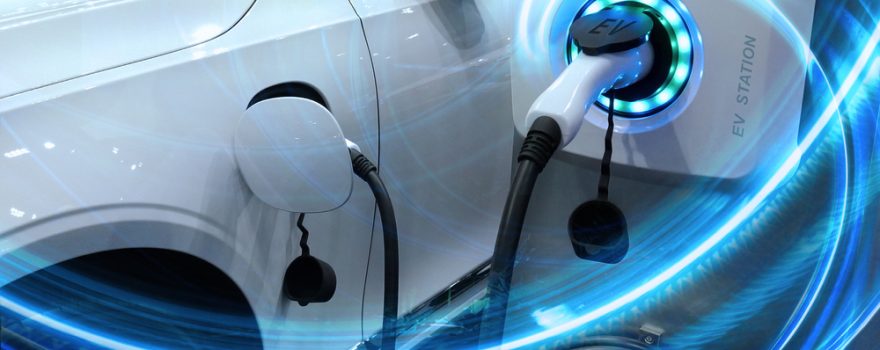
TrendForce predicts a fierce battle between BYD and Tesla for supremacy in electric car sales for the year 2024. According to TrendForce’s latest report, global sales of NEVs (New Energy Vehicles), encompassing BEVs (Battery Electric Vehicles), PHEVs (Plug-in Hybrid Electric Vehicles), and FCVs (Fuel Cell Vehicles), are projected to hit 13.03 million units in 2023, representing a growth rate of 29.8%. This growth, though substantial, signifies a notable slowdown from the 54.2% surge recorded in 2022. Among these, BEVs account for 9.11 million units with a growth rate of 24%, while PHEVs reached 3.91 million units, boasting a more impressive growth rate of 45%.
Despite China maintaining its position as the largest NEV market globally, commanding around 60% of the market share, growth is slowing due to the high base effect. Additionally, limited sales growth in other regions fails to compensate for the sluggishness in the Chinese market. Consequently, NEV sales growth is anticipated to ease, with an estimated 16.87 million units projected to be sold in 2024, accompanied by a growth rate of 29.5%.
In the realm of BEVs, Tesla retains its lead in 2023 with a market share of 19.9%. However, BYD emerges as a formidable challenger, narrowing the sales gap with Tesla to a mere 248,000 units. This remarkable achievement is credited to BYD’s consistent performance in China and its expanding international footprint, supported by the activation of overseas bases. TrendForce analysts believe that BYD possesses the potential to disrupt Tesla’s dominance in the BEV market for the current year.
Further rankings reveal GAC Aion securing third place for the first time, while SAIC-GM-Wuling and Volkswagen slip to fourth and fifth place respectively. Luxury automakers BMW and Mercedes-Benz intensify their electrification efforts, securing sixth and eighth places respectively. Meanwhile, Hyundai Group, comprising Hyundai and KIA, maintains their positions thanks to sustained sales growth.
In the PHEV market, BYD and Li Auto emerge as the top two players, with Li Auto posting an impressive 182% growth rate in 2023. Li Auto’s rapid market share expansion is attributed to its strategic focus on mid-size and large SUVs, catering to family-oriented consumers. However, traditional stalwarts BMW and Mercedes-Benz face declines in Europe due to sluggish PHEV sales.
As China’s domestic growth slows, automakers are increasingly establishing overseas bases to sustain momentum. Chinese brands are noted to have significant advantages in vehicle diversity, pricing, and smart features. Overcoming challenges associated with reliance on a single production site is crucial for sustained growth. However, potential increases in trade barriers may impede the global spread of Chinese NEVs.
In the U.S., a ban on Chinese-made battery components starting in 2024 threatens the eligibility of many EV models for subsidies. While automakers like GM offer equivalent federal tax credits of $7,500, disruptions in the Chinese supply chain hinder efforts to drive down EV prices, posing additional challenges for the industry.
As the electric vehicle landscape continues to evolve, the battle between industry giants such as BYD and Tesla promises to shape the future of transportation. Stay tuned for further updates on this dynamic competition.
Source: TrendForce https://www.trendforce.com/presscenter/news/20240220-12030.html




